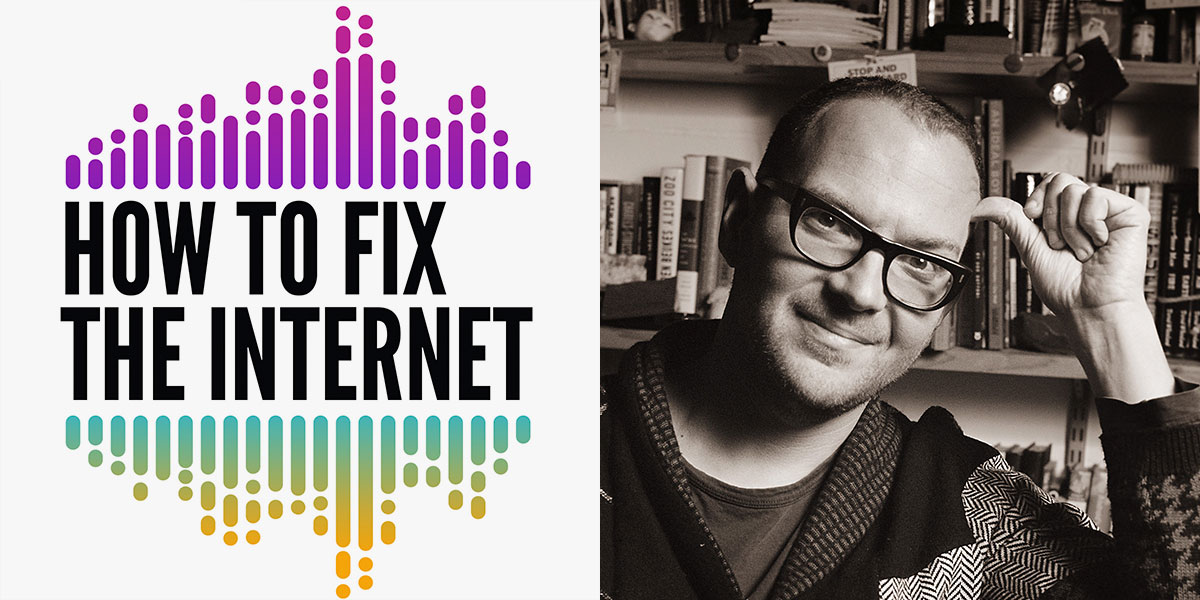
Guatemala is in bad shape - even by the historic terrible conditions in Guatemala, things are bad. Poverty, covid, and a hurricane have all slammed into each other, with poor and indigenous people caught in the crossfire.
1/
1/

But then Congress acted: they slashed human rights programs, judicial funding, and anti-malnutrition programs....and gave themselves a raise.
After public outrage, they reversed this, but it was too late.
aljazeera.com/news/2020/11/2…
2/
After public outrage, they reversed this, but it was too late.
aljazeera.com/news/2020/11/2…
2/
The country is literally on fire, with protesters setting the Congressional building ablaze and erecting a guillotine on its steps.
Protesters have gone from demanding a change to the budget bill to demanding the resignation of the entire Congress and the president.
3/
Protesters have gone from demanding a change to the budget bill to demanding the resignation of the entire Congress and the president.
3/
President Alejandro Giammattei has addressed these concerns...
...by publicly condemning vandalism.
eof/
...by publicly condemning vandalism.
eof/
• • •
Missing some Tweet in this thread? You can try to
force a refresh









